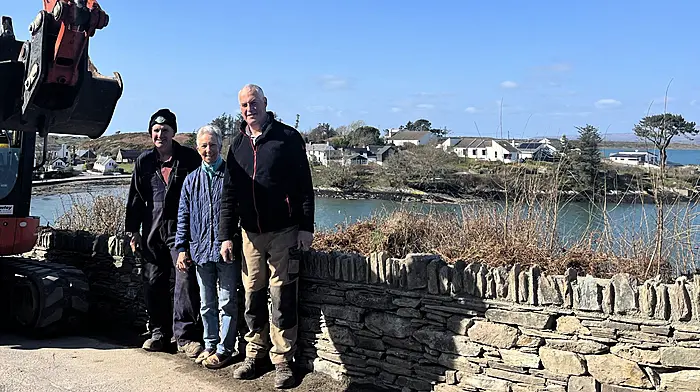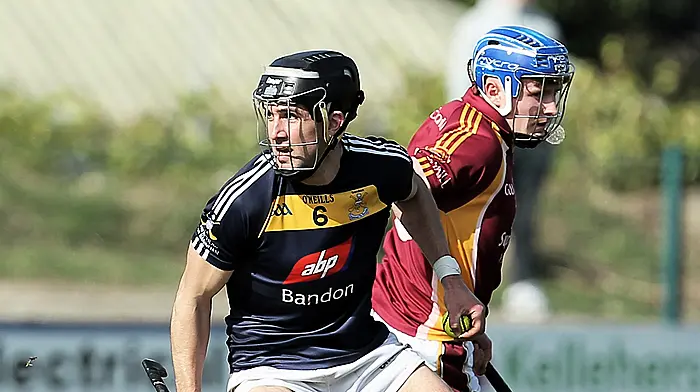There have been no new deaths reported to the Health Protection Surveillance Centre today.
There has been a total of 1,802 Covid-19-related deaths in Ireland.
As of midnight Sunday, 27 September, the HPSC has been notified of 390 confirmed cases of Covid-19. There is now a total of 35,377* confirmed cases of Covid-19 in Ireland.
Of the cases notified today:
- 189 are men /199 are women
- 66% are under 45 years of age
- 36% are confirmed to be associated with outbreaks or are close contacts of a confirmed case
- 45 cases have been identified as community transmission
- 209 cases are in Dublin, 27 in Cork, 22 in Donegal, 21 in Galway,14 in Kildare, 14 in Monaghan, 7 in Roscommon, 7 in Tipperary, 7 in Waterford, 7 in Wexford, 6 in Limerick, 6 in Longford, 5 in Laois, 5 in Meath, 5 in Offaly, 5 in Sligo, with the remaining 23 cases in 8 counties.
The HSE is working to identify any contacts the patients may have had to provide them with information and advice to prevent further spread.
The COVID-19 Dashboard provides up-to-date information on the key indicators of COVID-19 in the community.
Dr Ronan Glynn, acting chief medical officer, Department of Health, said:
‘I am asking everyone, but particularly those living and working in Cork, Galway, Monaghan and Roscommon, to adhere to the public health advice. There is still time to get the virus back under control in these areas, break the chains of transmission and stop the spread of this highly infectious disease in these communities.
‘We know the key actions to take to stay safe, by keeping a 2m distance, reducing your social contacts, wearing a face mask, covering coughs and sneezes and staying at home and contacting your GP if you start to feel unwell, you are doing everything you can to take care of yourself and those around you.”
Jerick Martin, healthcare worker, said: ‘I was a fit and healthy man in my thirties, working and enjoying my life. Within five days of experiencing my first symptoms of COVID-19 I was admitted to hospital, where I spent 68 days in intensive care, most of that time on a ventilator, in an induced coma. This disease does not care that you are young, fit and healthy. It does not care that you have a family who are waiting for you to come home. Anyone can catch it, and anyone can become very sick.’
Dr Michael Power, consultant in intensive care medicine, Beaumount Hospital, said: ‘Jerick Martin’s story and experience tell us that the virus was and remains unforgiving, unrelenting and dangerous. It reminds us that compliance with public health measures is to key to limiting the spread of this disease.’
Lorna Fitzpatrick, president of the Union of Students in Ireland said: ‘This is a really difficult time for young people, but students have a vital role to play in keeping everyone in the community safe. My message to students today is to keep the public health guidelines in mind when you are making plans and decisions about where to go and who to see. Also, it is so important to take care of your mental health at this time. Make sure you are reaching out to friends and family on the phone, online and in small, safe ways in person. Remember that talking to others and asking for help when you need it is essential at the moment.’
Liam Woods, HSE national director, acute operations said: ‘The frontline on Covid-19is in the ICU wards and in the hospitals. As numbers increase in the community, the pressure on healthcare workers and frontline services intensifies. We need to continue to pull together in the coming weeks to minimise the spread of the disease in our homes, our communities and our workplaces, to ease the pressure on vital Covid and non-Covid healthcare services.’
*Validation of data at the HPSC has resulted in the denotification of 3 confirmed cases. The figure of 35,377 confirmed cases reflects this.
Research conducted on behalf of the Department of Health shows that the level of worry now stands at 6.7/10.
The nationally representative sample of 1,650 people conducted on behalf of the Department of Health today, 28 September, reveals:
- The level of worry has increased to 6.7/10, similar to the level expressed in April, with the main sources of worry being health system overload, the health of family and friends, and the economy
- 51% think the worst of the pandemic is ahead of us, the highest level reported since April
- 54% think there should be more restrictions, similar to the levels reported in March
- To watch or listen to the Southern Star Coronavirus Podcast, please search ‘Coronavirus Podcast’ at the top right of this page or see the Southern Star on YouTube. This week’s podcast features an interview with Save Our Skibbereen campaigner Brendan McCarthy, on the first anniversary of the campaign’s victory over a proposed plastics factory in the town. The school principal also talks about coping with Covid in our schools, and how the festival circuit has been impacted by the pandemic.
- You can subscribe to the Southern Star Coronavirus podcast which is available on YouTube, Spotify, iTunes, or wherever you get your podcasts.










